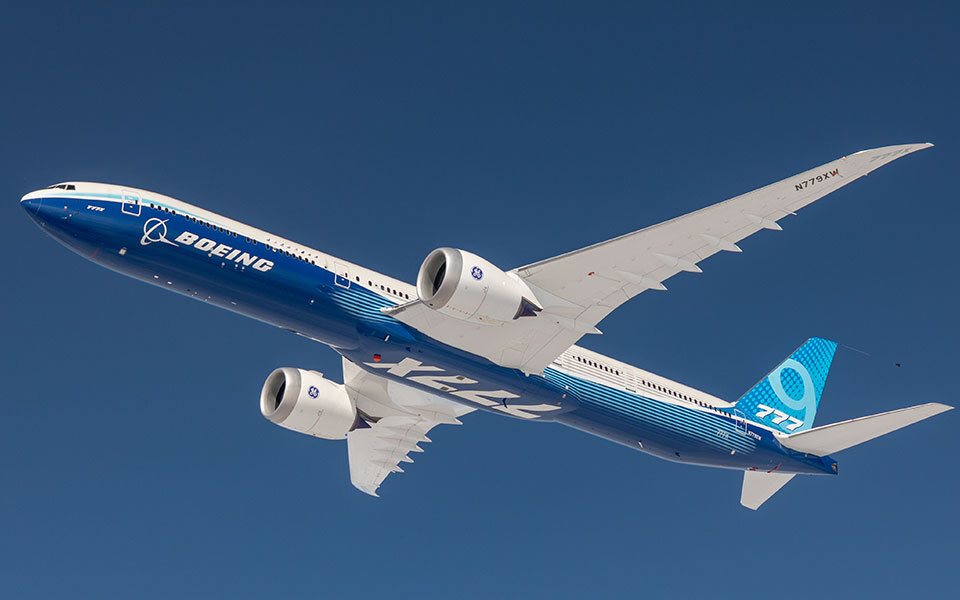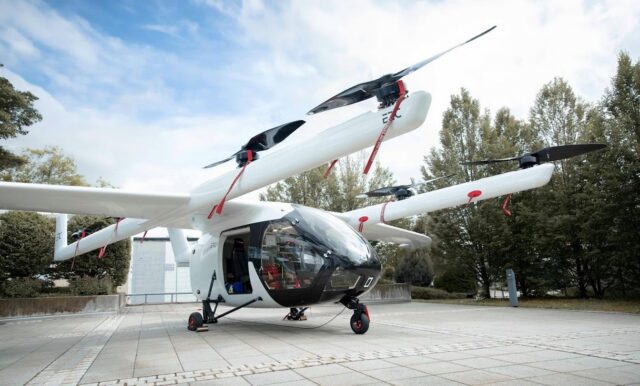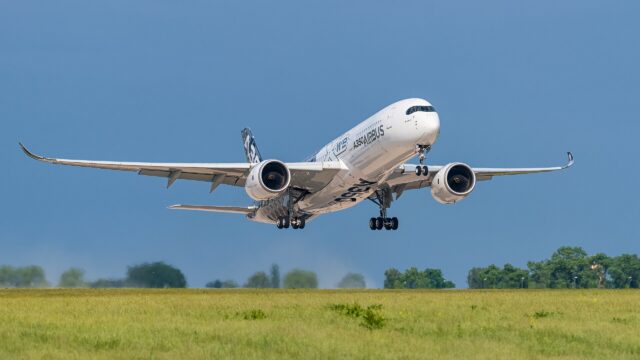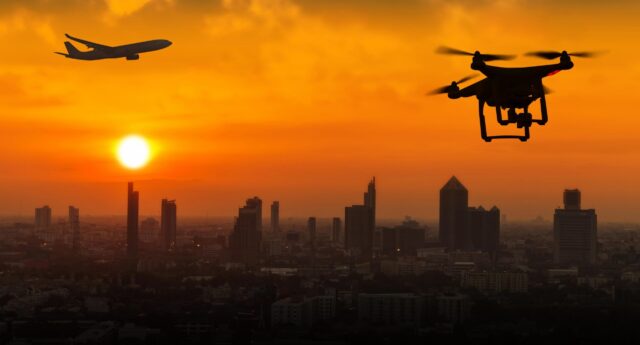Boeing 777X won’t fly until 2027, cash flow woes deepen

October 3, 2025

Boeing’s flagship 777X airliner appears to be delayed to the second half of 2027. The development increases Boeing’s troubled cash-flow position while forcing airlines to continue flying their inefficient A380s, 747s, and very old 777s.
Boeing 777X to be delayed to 2027
Bloomberg reported on Thursday that Boeing’s flagship Boeing 777X airliner is expected to be delayed yet again and will not enter commercial service until 2027. This seemingly confirms previous rumours that the jet would be delayed.
The publication cited unnamed “people familiar with the matter,” and noted an analyst at RBC Capital Markets suggesting its in-service date will not be the second half of 2027.

Lufthansa had been expected to be the aircraft’s launch customer in 2026, but it seems to already be making plans for the delay. Bloomberg reported that Lufthansa doesn’t include the 777X in its fleet plans until 2027.
These delays are forcing airlines to hold onto their older, less-efficient aircraft for longer. In a double blow for Lufthansa, it is experiencing issues with the FAA certifying some of its new Allegris business class seats. This has resulted in a dozen or so Boeing 787s being built but refused delivery.
It is unclear why the 777X will be delayed. In September, Boeing CEO Kelly Ortberg previously noted a “mountain of work” but did not allude to any technical issues with the aircraft.
With more than 4,000 flight hours, the 777-9 fleet is demonstrating its capabilities in key tests like crosswind landings, braking on wet and dry runways and taking off at high and low speeds. Hear from 777X Chief Pilot Ted Grady and check out these airplanes in action. pic.twitter.com/kulwXa2fwu
— Boeing Airplanes (@BoeingAirplanes) August 15, 2025
One potential issue could be the 777X’s novel folding wingtip design to keep it within Code E regulations. Longer wings improve the aircraft’s aerodynamic performance, but this novel approach may require more testing.
Boeing’s cash flow and other MAX certification woes
Bloomberg wrote that the non-cash accounting charge is estimated to run from $2.5 billion to as much as $4 billion. The programme is already six years behind schedule, having originally been planned to fly in 2020.
Seperately, Boeing is also waiting on type certificates for its Boeing 737 MAX 7 and MAX 10 narrowbody jets. The FAA continues to withhold the certificants following a collapse in confidence in Boeing after the twin MAX crashes in 2018 and 2019.

This has led to a major cash crisis at Boeing as it is unable to sell the aircraft it has invested heavily in. Boeing has not had a ‘normal’ production year since 2018. Since then, Airbus has delivered substantially more commercial aircraft than Boeing, particularly with its narrowbody A320neo family of jets.
Boeing has accumulated 565 firm orders for the aircraft, most (339) of which are from Emirates and Qatar Airways. No US-based carrier has ordered the jet. Bloomberg reported Boeing will not break even on the first 500 777Xs sold. The program is already $11 billion over budget, a number expected to grow.
Boeing’s third-gen 777X meant to take on Airbus A350
The Boeing 777X is the third generation of Boeing’s 777 family of jets. It features a range of new improvements, including many brought over from the clean-sheet Boeing 787 Dreamliner (like enlarged dimming windows). Boeing was forced to upgrade its Boeing 777 to better compete with Airbus’ A350 family of jets.

Upgrading existing jets, as Boeing has done with the 737 MAX and 777X, is seen as the cheaper, safer option compared to developing a clean-sheet new aircraft.
The aircraft includes the new massive General Electric GE9X turbofan engine that Boeing claims is 5% more efficient than its rival Rolls-Royce counterpart powering Airbus’ A350.
The 777x showing its take-off and thrust capabilities 🔥
— Aviation (@webflite) June 13, 2025
📹: manu_h pic.twitter.com/royUSzgZEN
The final previous-generation 777-300ER passenger jet was likely delivered in 2024, barring five doubtful aircraft still on Boeing’s books for Pakistan International Airlines. This means there is a hiatus in passenger-variant 777 deliveries in 2025 and 2026, with all current deliveries being freighter variants.
















